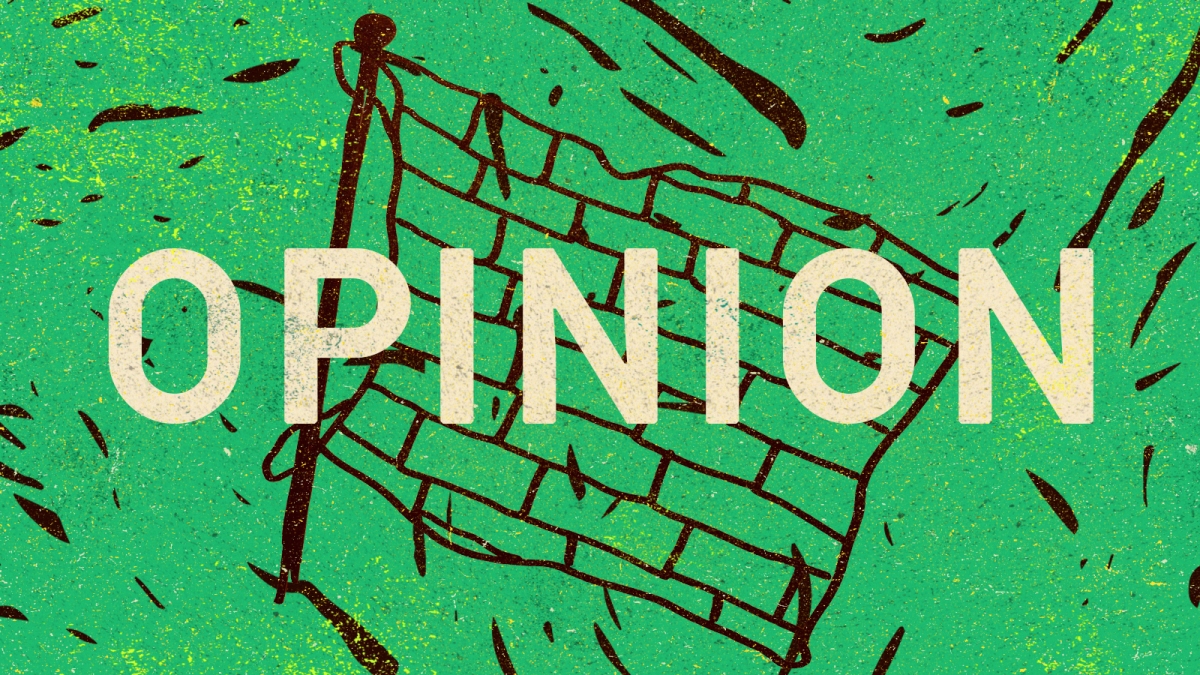On September 24, 2023, in the Serb-majority village of Banjska in Zvecan, Kosovo, a paramilitary attack resulted in the death of one Kosovo Police Sergeant and the wounding of another officer. Furthermore, Three Serbian paramilitaries were killed and several others were wounded by the Kosovo Police which resulted in their arrest.
After the incident, both Washington and Brussels, were cautious, with the EU urging a full investigation before drawing conclusions. The Kosovo government presented evidence at a press conference, including footage, identifying paramilitary members, notably Milan Radoicic, then vice president of the Serb List and a known figure in organized crime in the north of Kosovo.
Radoicic admitted to orchestrating the attack, yet after being questioned by Serbian authorities in October 2024, he was released without charges. Radoicic continues to maintain close ties with the Serbian government.
In September 2024, almost a year after the attack, Kosovo indicted Radoicic and 44 others for attempting to annex the north of Kosovo. Despite these charges, Radoicic remains free in Serbia, which has ignored extradition requests from Kosovo authorities.
The failure to prosecute him, coupled with the lack of international pressure on Serbia to extradite Radoicic, raises serious concerns about impunity and the political will to hold perpetrators accountable.
This violent incident marks the most serious escalation over a decade in the north of Kosovo which severely heightened tensions between Kosovo and Serbia, raising concerns about stability and security.
Divergent International Responses
Since the Banjska attack, the European Union has chosen to wait for the results of official investigations before taking concrete action, despite the evidence already presented.
This cautious approach has frustrated Kosovo, where many feel the EU has been biased. Kosovo faced negative measures for escorting mayors into municipal buildings in four northern municipalities after a boycotted election saw mayors from Albanian-majority parties take office.
In contrast, Serbia has yet to face any consequences for the paramilitary attack, which was orchestrated from within its borders and backed by Serbian armaments. The U.S. Embassy in Kosovo confirmed that Serbia provided logistical support to the paramilitary group involved.
The EU’s hesitance may stem from internal divisions over the Kosovo-Serbia dialogue and broader geopolitical concerns, such as maintaining regional stability and keeping Serbia on a path toward closer ties with the West, despite its relationship with both Russia and China.
The Banjska attack has stalled the high-level Kosovo-Serbia dialogue, with no clear approach from the EU on how to move forward. Furthermore, the EU’s reluctance to take a firmer stance against Serbia has prompted the Kosovo government to intensify efforts to crack down on illegal activities in the north and assert its sovereignty.
Kosovo’s Crackdown on Illegal Structures and Activities in the North
In the past year, Kosovo authorities have taken a more assertive stance on parallel structures in the north of the country. Kosovo has taken an array of actions to ensure the rule of law and order. These actions include such as converting illegal vehicle plates and driving licenses to Kosovo ones, integrating the Vallaq power grid substation, banning the use of the Serbian dinar for payments and closing parallel postal offices and municipalities, among other things.
Actions like Prishtina’s integration of Vallaq came through an EU-facilitated agreement, similarly, the conversion of license plates was welcomed by the EU. However banning the Serbian dinar for payments and closure of parallel offices was fiercely criticized, although acknowledged as lawful in principle.
Serbia’s response, following the Banjska attack, has been unusually restrained. While it previously opposed any moves by Kosovo in the north, tensions have eased. Kosovo Serbs have replaced illegal vehicle license plates, and Serbia has also recognized Kosovo’s customs stamps.
Serbia’s focus appears to be on strengthening its regional and international standing, evident in deals with Germany on lithium extraction, a contract for French Rafale fighter jets, and its role in supplying ammunition to Ukraine.
This diplomatic maneuver appears to have left Serbia off the hook from any responsibility for the Banjska attack. One year later, the lack of accountability for both Radoicic and his paramilitary group, as well as Serbia’s role, remains evident.
This transactional nature of Serbia’s relationship with the West, coupled with the absence of meaningful punitive actions against Serbia or its paramilitary actors, may embolden Belgrade for future aggression against Kosovo.





























































